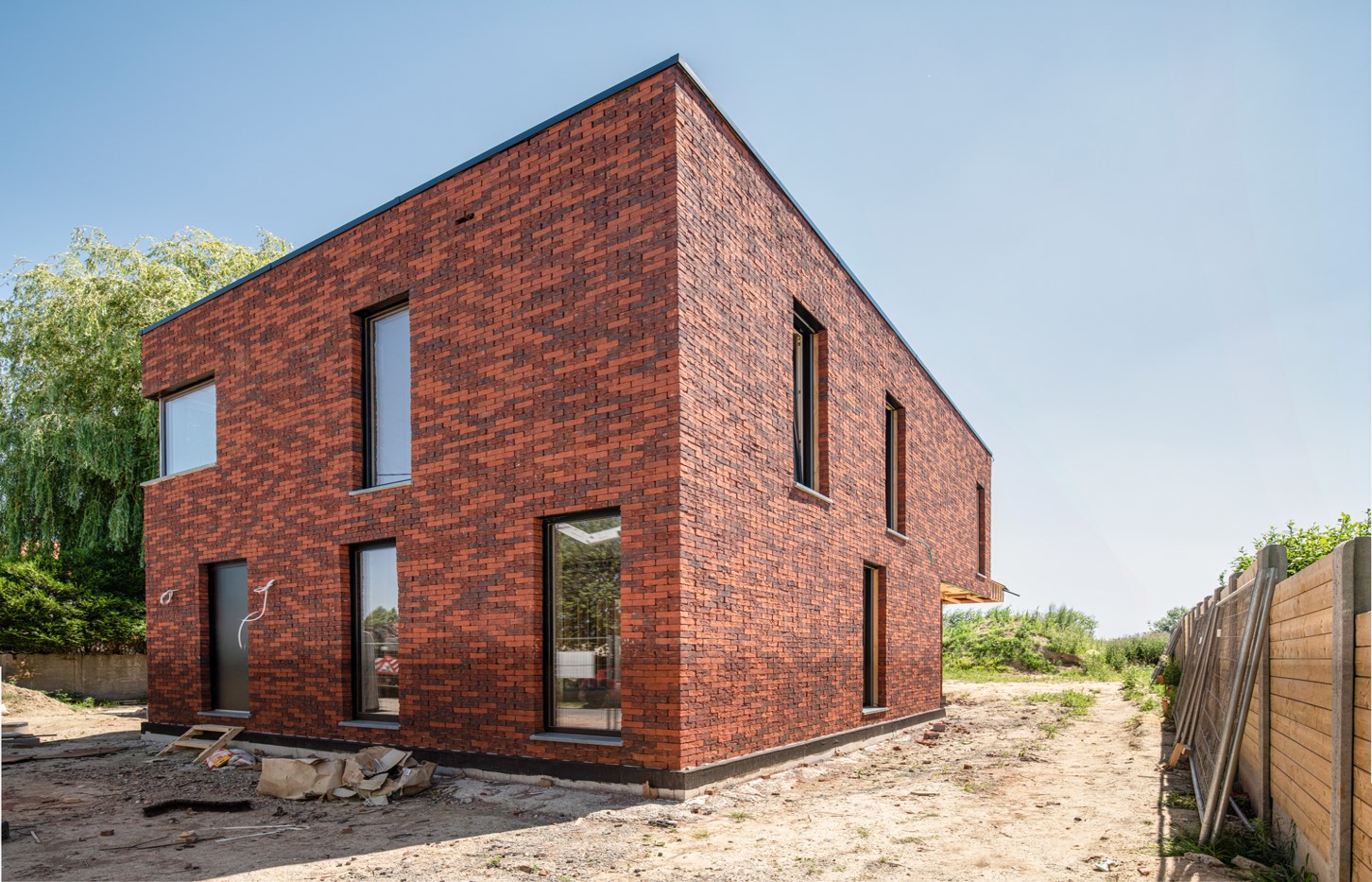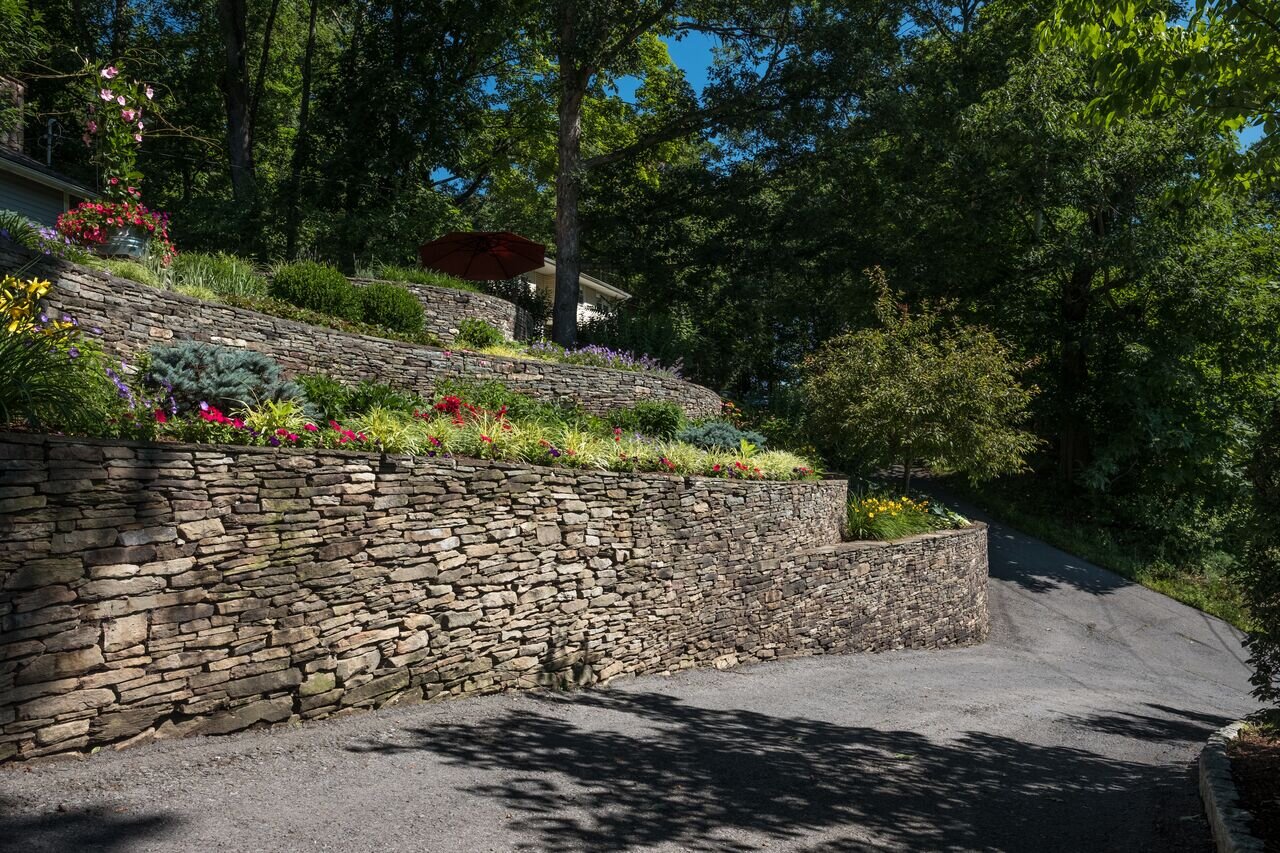What are the Materials Used in Masonry for Home Projects?
When embarking on a home renovation project, one of the important factors to consider is the type of materials you will use. Understanding what are the materials used in masonry can greatly influence the aesthetics, durability, and longevity of your build. In this article, we will be exploring the wide array of materials that are crucial in masonry work, helping homeowners make informed decisions for their renovations.

Introduction to Masonry
Masonry is an ancient craft employed in the construction of buildings, structures, and monuments using individual units that are often held together by mortar. This technique is applauded for its durability, strength, and variety of materials.
Common Materials Used in Masonry
Bricks
Bricks are a popular choice in masonry due to their versatility, durability, and aesthetic appeal. They are commonly made from clay and can be used to build walls, foundations, and columns.
Concrete Blocks
Another popular material is concrete blocks. These are larger than bricks and are often used for heavier load-bearing applications. Concrete blocks provide excellent insulation and are efficient in terms of cost and installation.
Stone
Natural stone has been used in masonry construction for centuries. Stones like granite, marble, and limestone offer a timeless aesthetic and unmatched strength. Discover more about masonry contractors here.
Mortar
Mortar is the binding agent holding masonry units together. It consists of a mixture of sand, cement, and water, and sometimes lime. The type and mix of mortar can influence the durability and strength of the masonry.
Clay Tiles
Clay tiles are primarily used in roofing for their weather-resistant properties and aesthetic finish.
Specialized Masonry Materials
Glass Block
Glass blocks are used to create decorative walls that allow light to permeate a space.
Adobe
Adobe is composed of natural materials such as sand, clay, and water, with organic material like straw. This environmentally friendly option is used for its cultural history and sustainability properties.
Choosing the Right Materials for Your Project
The decision on which masonry material to use will depend on several factors, including the purpose of the structure, budget constraints, and personal taste. It is essential to work with skilled professionals to ensure quality and longevity. Learn about block masonry and its applications.
Benefits of Different Masonry Materials
Each material offers unique benefits, from the timeless beauty of stone to the modern and efficient nature of concrete blocks. Consider the environmental impact, maintenance needs, and climate suitability when selecting materials.
Impact on Home Renovations
Masonry materials can greatly enhance the value of your home. They provide insulation, fire resistance, and improve the overall durability of the structure.
Innovations in Masonry
With technological advancements, new materials and methods are emerging that make masonry more accessible and efficient. Discover how to maintain masonry to ensure it lasts for generations.
Sustainability
Modern masonry often incorporates sustainable practices such as using recycled materials or developing energy-efficient building techniques.
Conclusion
Deciding what are the materials used in masonry requires careful consideration of various factors. With numerous options available, it’s important to select materials that suit your project’s demands and aesthetic goals.

FAQs about Masonry Materials
What is the difference between brick and block masonry?
Brick masonry uses smaller units, usually constructed with clay bricks, whereas block masonry uses larger concrete blocks for heavier loads.
Is natural stone more expensive than other materials?
Yes, natural stone tends to be more expensive due to its specialized quarrying process and natural beauty, but its lifespan and durability often justify the cost.
Can I combine different masonry materials in one project?
Yes, combining materials can achieve different architectural effects and benefits. Work with your contractor to ensure compatibility.
For more information on masonry techniques, visit the Britannica for an in-depth exploration of historical and modern masonry practices.
This article contains affiliate links. We may earn a commission at no extra cost to you.
